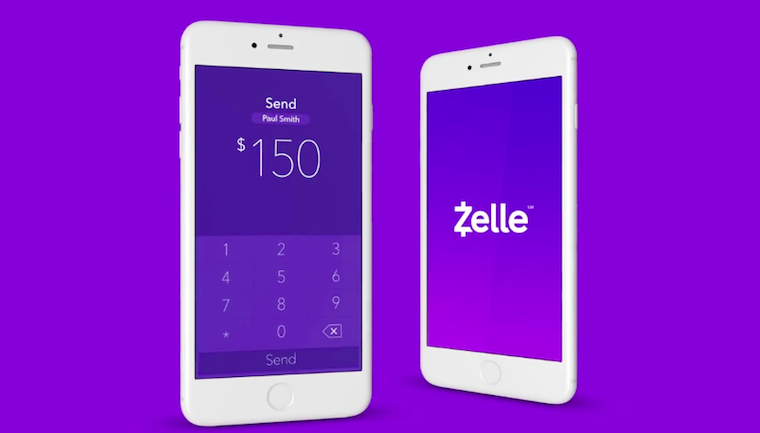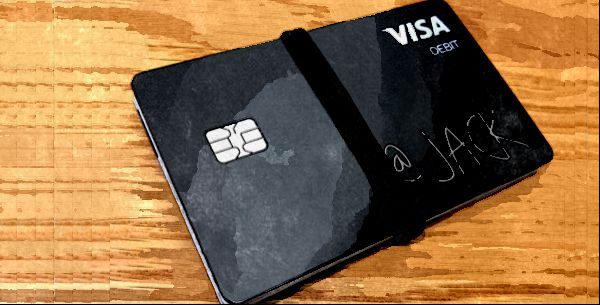“I’m sorry. We don’t accept cash.” Recently, while paying for an order at a new independent coffee shop near the offices of SmallBusiness.com, I heard that phrase for the first time (other than during a Southwest Airlines flight). Granted, this shop was located in a neighborhood with a high density of millennials, hipsters and coffee lovers (my demographic). It’s also in a neighborhood where you’ll find lots of young merchants with little resistance to trying out new technology. That’s a good thing, as the options for payment choices are about to change even more dramatically than they have in the past five years — back when you could buy a cup of coffee with cash.
If you are a small business owner who runs a retail store, restaurant or any type of business that involves some type of point of sale or person-to-person payment, get ready for a new generation of cash alternatives. Here’s a roundup of some of the recent developments that big banks, big technology companies, and big digital brands will soon be wanting small businesses to adapt.
Major banks cooperate to create Zelle, a mobile digital payments network
After six years of “laying a foundation,” more than 30 major banks* are introducing Zelle (pronounced “zell”), a digital payments network that will allow people to send money instantly through participating banks’ mobile apps.
“The casual payments that people make every day — $20 for the dog walker or $50 to split a dinner check with friends — have long been one of the American banking system’s thorniest problems. Instant person-to-person payments are common in many countries, but in the United States, sending cash between banks is often a technical ordeal. Zelle’s pitch is that it will be fast, free and ubiquitous. The interface is almost identical at each participating bank, and setting it up takes only a few seconds. To send money to others, you need only their phone number or email address. If their bank is part of Zelle’s network, recipients can immediately sweep the cash into their own checking account.”
Venmo & Square have one word for you: Plastics
Paypal’s Venmo, the early winner in person-to-person app-enabled payments, and the point-of-sale payments company, Square, are both entering the plastic, pre-paid, debit card arena. The Venmo card will allow people who use its app to make purchases in brick-and-mortar stores using money stored in their Venmo account. Up to now, Venmo has been an app that people use to transfer money to other Venmo users, including businesses that accept it. In May, Square, best known for its point-of-sale and smartphone swipe devices, announced the launch of a similar debit card (like the all black one above).
Apple Pay ‘Cash’ will let customers make transactions via text
At its major developer’s conference last month, Apple unveiled a new peer-to-peer payments service that will be included as part of its next-generation iOS, Apple’s operating system for the iPhone and iPad. Like others in the peer-to-peer payments arena, the feature will let users send money to family or friends or merchants accepting Apple Pay — or even transfer money to a bank account. Its unique feature: such transactions and payments can be carried out through Apple’s text messaging app, iMessage.
*Participating banks (alphabetically): Ally Bank, Bank of America, Bank of Hawaii, Bank of the West, BB&T, BECU, Capital One, Citi, Citizens Bank, Comerica Bank, ConnectOne Bank, Dollar Bank, Fifth Third Bank, FirstBank, First Tech Federal Credit Union, First Tennessee Bank, First National Bank, Frederick County Bank, Frost Bank, HomeStreet Bank, JP Morgan Chase, KeyBank, M&T Bank, MB Financial Bank, Morgan Stanley, PNC Bank, SchoolsFirst Federal Credit Union, Star One Credit Union, SunTrust Bank, TD Bank, USAA, U.S. Bank, and Wells Fargo.


